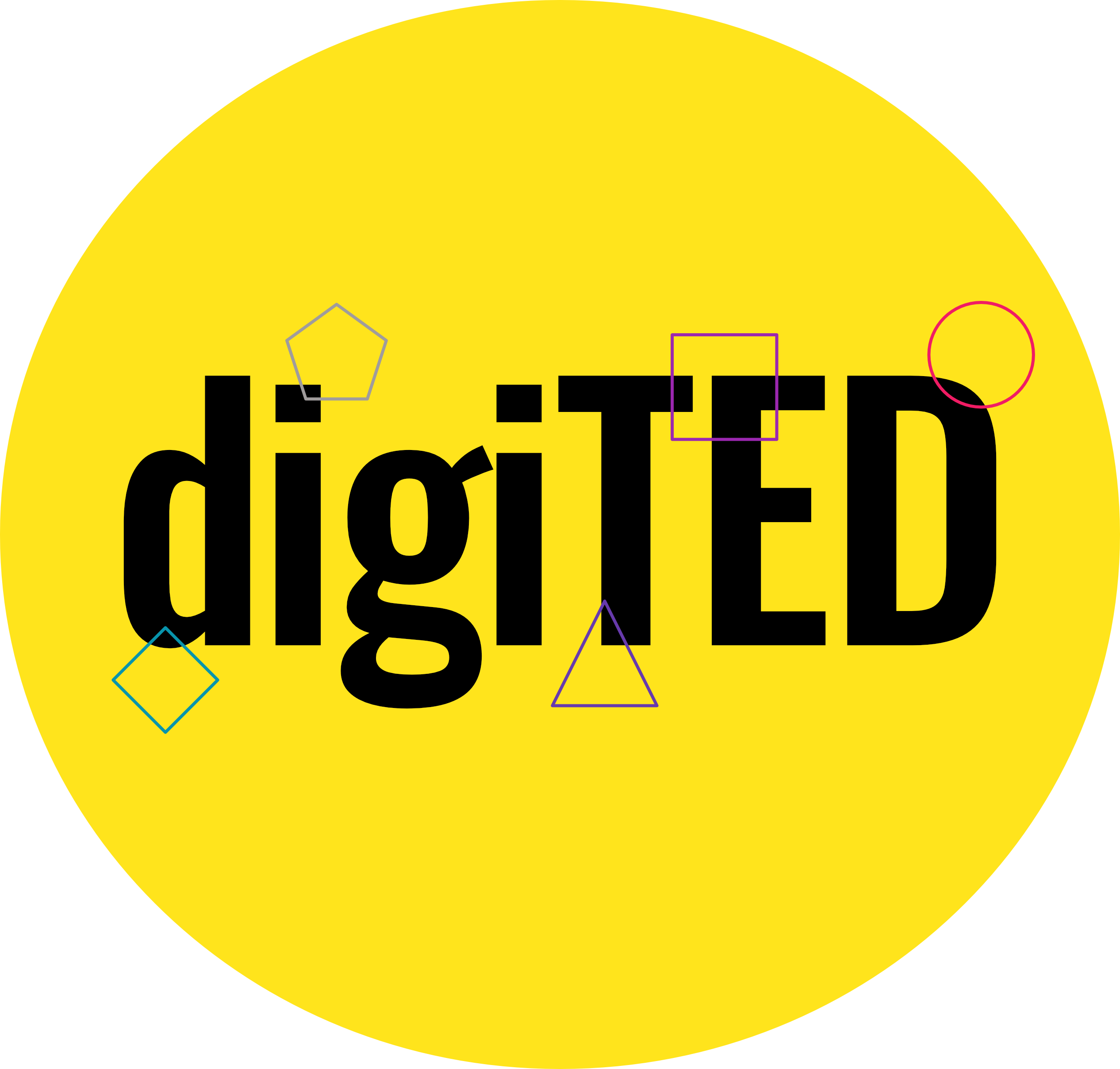A European Digitalisation Strategy

Pädagogische Hochschule Ludwigsburg, Germany
Teacher educators face a challenge with the lack of tools/devices and technical support, as well as the absence of an overall support structure. Establishing common goals, pooling necessary hardware/software, and implementing a general support and coaching are crucial for effective integration of digital elements into teaching.
Striving towards a digital transformation of the European teacher education system, one result of the project – the development of a European Digitalisation Strategy – responds to a multitude of the needs and challenges encountered by teacher educators in their working context.
Goals and Objectives

Universitat de Barcelona, Spain
A prevalent issue is the absence of a clear and common methodology for digital teaching. There’s uncertainty about handling interaction and interactivity, creating a need for established guidelines. The lack of a standardised approach to providing feedback further compounds the situation. Moreover, a noticeable gap exists in both technical and methodological support, underscoring the necessity for a more comprehensive and accessible support system.

Högskolan i Borås, Sweden
The lack of support is a recurring theme, compounded by a shortage of approved tools that comply with GDPR regulations. Additionally, the absence of incentives from departments, coupled with a deficit in digital trust and competence, hinders the seamless adoption of technology. The absence of role models and limited pedagogical discussions further contribute to the hurdles. Moreover, the disconnect between janitors, IT, and teachers in discussing and improving educational environments creates a communication gap. Strict course plans and a lack of access to the latest technology add to the complexity.

Tallinn University, Estonia
Overcoming the fear of using digital devices among colleagues is a significant challenge. The lack of specific, individualised support for incorporating digital tools into courses also poses a substantial barrier. Additionally, there’s a noticeable gap in assistance on effectively engaging students through digital means. Furthermore, the constant introduction of new technologies each year without sufficient guidance adds complexity.

